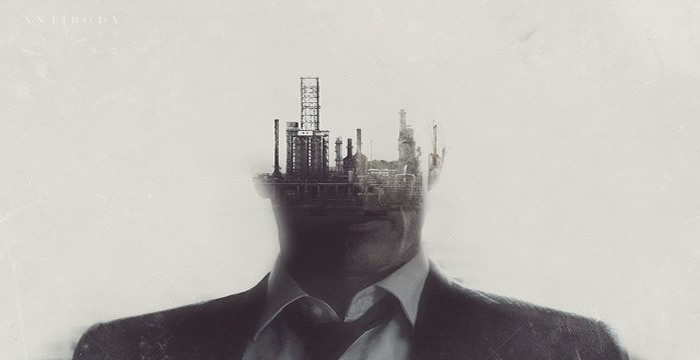Nowadays, we’re not surprised to learn that plagiarism is a common thing both within and outside the academic sphere. Some famous writers are found guilty of plagiarizing the works of their predecessors, and here’s where the fun begins. Plagiarism is a thing that destroys a writer’s reputation irreversibly.
Nevertheless, life goes on and violators are doing their best to restore what is ruined. Sometimes they manage to repair their public image. Sometimes they fail and just withdraw into the shadows.
Did Pizzolatto plagiarize?
I was quite upset when I learned about Nic Pizzolatto’s plagiarism case. The first thought that struck me was, “How come?”
True Detective is one of my favorite TV shows ever. It’s atmospheric and unique, so it’s simply impossible that its author plagiarized something! I went deeper into the subject and found out that things were not as bad as it seemed at first.
The LovecrafteZine published the material dedicated to Pizzolatto’s issue, where Mike Davis and Jon Pargett present their discussion of Thomas Ligotti’s The Conspiracy Against the Human Race and Nic Pizzolatto’s True Detective script similarity. According to The LovecrafteZine investigation, Pizzolatto’s character, Rust Cohle, talks in phrases taken right from Ligotti’s writing. Examples are provided as well, and everything looks like plagiarism indeed.
But don’t worry. Pizzolatto answered this attack. He said he’s sure that “Thoughts expressed by Rust Cohle do not represent any thought or idea unique to any one author… Cohle speaks toward that philosophy with erudition and in his own words.” HBO supported the author, ” ‘True Detective’ is a work of exceptional originality and the story, plot, characters and dialogue are that of Nic Pizzolatto. Philosophical concepts are free for anyone to use, including writers of fiction, and there have been many such examples in the past.”
What about the law?
Original authors of intellectual creations (literary, artistic, musical, etc.) have their works automatically protected by copyright if this piece of work was created after March 1, 1989. To prove that you’re an original author is not a problem. But is there a need for someone to give you a credit when citing you?
The answer is “Yes.” At college we always had to give references to the original source when citing something in their academic papers. Academic honor code requires it. You use a list of references, mentioning in it everything you cited in your work.
But let’s go back to True Detective. In one of the interviews, Pizzolatto admitted that, yes, he read The Conspiracy Against the Human Race and was undoubtedly influenced by Ligotti. That’s why Rust Cohle subscribes to some of Ligotti’s philosophical points of view. However, a serial is not an academic work, so how was Nic Pizzolatto supposed to give credit for referencing Ligotti’s ideas?
How to make sure you didn’t plagiarize
And we are back again to academic writing. I remember it has always been a huge challenge for my classmates in college to cite and give references properly. Of course, you can write the paper on your own without copying materials from the Internet. But if you cite inappropriately, this can be considered a violation, too. I’ve made up a short checklist to make sure you take into consideration different aspects and create a plagiarism-free work:
- Don’t use works from paper mills
Even if you have no intention of copying a full paper, only to “take a look” or “get inspired” by other works, fight this urge! It’s possible to accidentally plagiarize before you actually know it.
- Use trustworthy sources
There’s no prize for guessing: If a student uses unreliable sources (websites) with inaccurate information, then educators probably won’t evaluate these works positively. Set a rule to consult only high-quality resources. It’s a good idea to compile a list of websites that you use every time you write academic papers.
- Learn how to properly cite and give references
Before you start researching and writing your paper, make sure you know how to arrange word-for-word quotes and write your reference list according to academic standards. You can consult your educator so he or she provided you with guidelines on citing, quoting, referencing, etc., or just check some useful websites like Purdue OWL.
- Keep the list of references in order
Note where you take information from, so that you won’t mix up original sources and give wrong links when arranging a reference list. Inaccurate references lead to the same consequences as plagiarized writing.
- Use a plagiarism detection engine
The fast and time-saving way to check your work for duplication is to upload it to a checker (like Unplag plagiarism checker), select a type of check or set any other parameters and have your work scanned within a few seconds. All educators check student papers for plagiarism, and even if you didn’t steal somebody’s ideas or wording, it’s always better to double-check your work for accidental plagiarism.
Some of the coverage you find on Cultured Vultures contains affiliate links, which provide us with small commissions based on purchases made from visiting our site.

